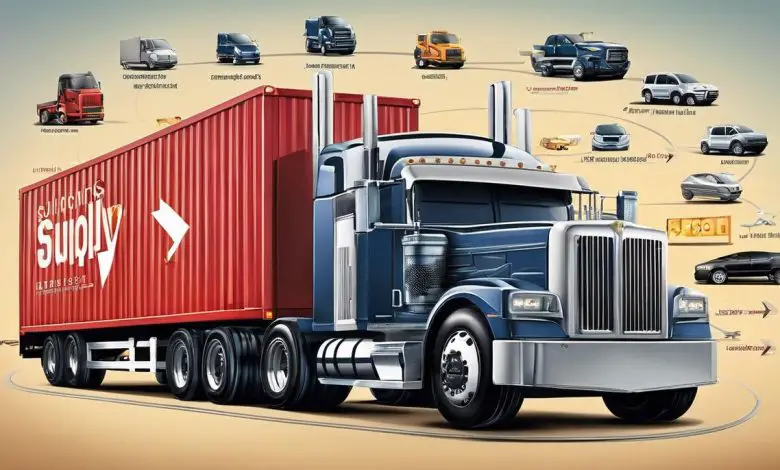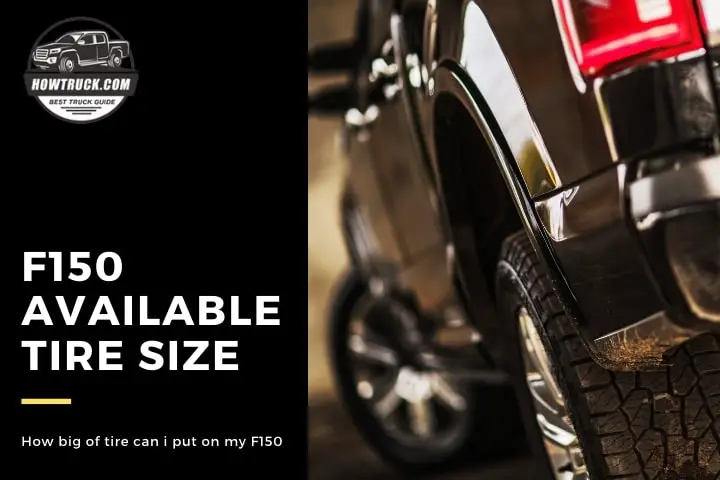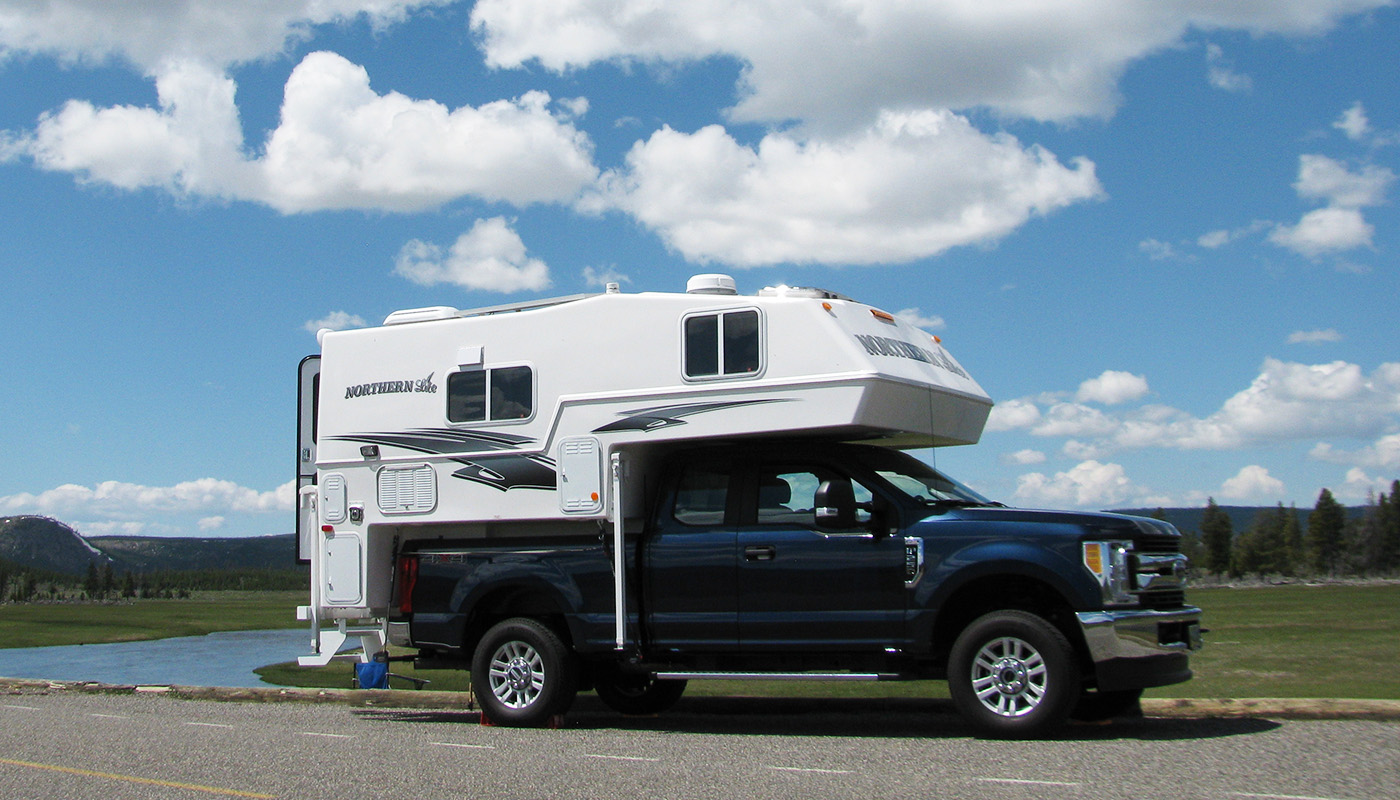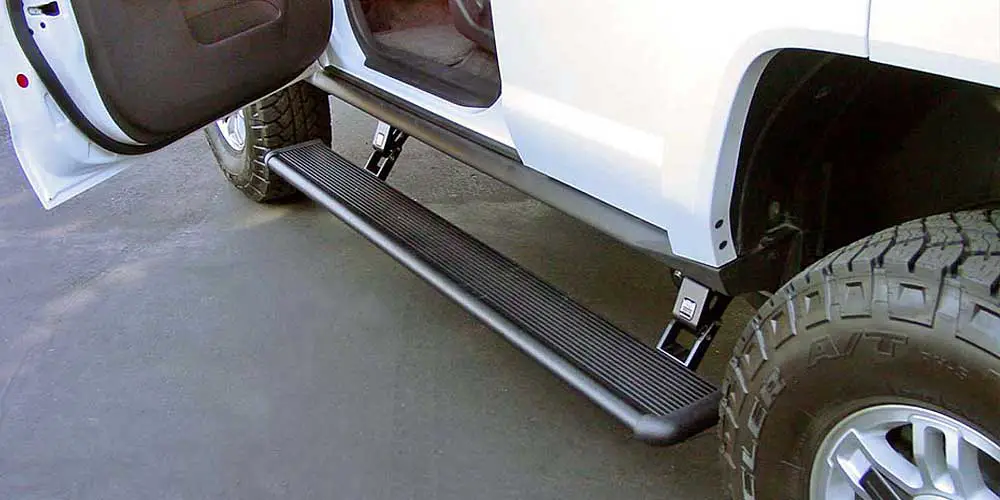Discover the Best Time of Year to Buy a Truck

Looking to make a smart investment in a new truck? Wondering when the best time is to buy a truck that suits your needs and budget? Look no further! In this article, we will delve into the subject of whens the best time to buy a truck and help you make an informed decision. Whether you’re seeking the best discounts, looking for last year’s models, or trying to avoid peak demand, we’ve got you covered. So, let’s explore the best time to buy a truck and get you behind the wheel of your dream vehicle.
Whens the best time to buy a truck? The best time to buy a truck is often at the end of the year when dealerships are trying to clear out old inventory. Additionally, the end of the month can also be a good time to buy, as salespeople may be trying to meet their quotas. Holiday weekends, such as Memorial Day or Labor Day, often include special promotions and discounts on vehicles, making them prime times to shop for a new truck.
Whens the best time to buy a truck?
Throughout the year, there are fluctuations in the demand and supply of trucks, which directly impact their prices. Generally, the truck demand is higher during spring and summer due to increased construction and transportation activities. On the other hand, the demand may decrease during the fall and winter seasons.
Factors such as changes in fuel prices, economic conditions, and new regulations can also affect the prices of trucks. It is essential for potential buyers to consider these factors when making a purchase decision.
By being aware of market trends and understanding the factors that affect price fluctuations, individuals can strategically time their truck purchase to ensure they get the best deal possible.
The importance of timing in buying a truck
Timing is critical when it comes to buying a truck, as it can significantly impact how much you pay and the options available to you. Here are some reasons why timing is important when buying a truck:
1. Seasonal Sales: Truck manufacturers and dealers often offer promotions and discounts during key times of the year, such as the end of the year or during major holidays. By timing your purchase to coincide with these sales, you can potentially save thousands of dollars on a new truck.
2. New Model Releases: Truck manufacturers typically release new models in late summer or early fall. As a result, dealers may offer discounts on older models to make room for the new inventory. By purchasing an outgoing model year truck, you can score a great deal on a new vehicle.
3. Used Truck Market: If you’re in the market for a used truck, timing can also make a big difference. For example, purchasing a used truck in the spring or early summer as people prepare for summer road trips can lead to increased prices due to higher demand. On the other hand, buying a used truck during the winter months when demand is lower can lead to better deals.
4. Interest Rates: Interest rates can fluctuate throughout the year, and timing your purchase to coincide with lower rates can save you money over the life of your loan. By keeping an eye on interest rate trends and making your purchase when rates are at their lowest, you can reduce the overall cost of your truck.
5. Inventory Levels: Dealerships often have quarterly or annual sales goals, which can impact their desire to move inventory. By timing your purchase at the end of a sales period, you may be able to negotiate a better deal as dealers work to meet their goals.
In conclusion, timing is crucial when buying a truck. By being strategic about when you make your purchase, you can potentially save money, get a better deal on a new or used truck, and take advantage of promotions and incentives offered by manufacturers and dealers.
Buying a truck at end of the month or quarter
At the the End of the Month or Quarter, truck dealerships often have sales targets to meet in order to hit their monthly or quarterly goals. This means that sales teams are often more motivated to make deals and offer discounts in order to meet their targets before the deadline.
Buying a truck during these times can be advantageous for consumers as dealerships may be more willing to negotiate on price, offer incentives, or throw in additional perks to close the sale. It’s not uncommon for dealers to be more flexible with pricing or financing options at the end of the month or quarter, as they are looking to move inventory quickly.
Additionally, there might be promotional events or special financing offers available during end of the month to entice buyers. Ultimately, the end-of-month or quarter sales tactics can work in the consumer’s favor, as they can potentially score a better deal on a truck purchase.
However, it’s important for buyers to still do their research and come equipped with knowledge about the specific truck they are interested in, as well as have a clear budget in mind before entering into negotiations. By taking advantage of the end-of-month or quarter sales tactics, buyers can potentially save money and get the best possible deal on a new truck.

Best Month of the Year to Buy a Truck
The best month of the year to buy a truck is typically during the end-of-year clearance sales in November and December. During this time, dealerships are looking to clear out their previous year’s inventory to make way for new models, and they often offer significant discounts and incentives to encourage buyers to make a purchase. The truck manufacturers may also offer special promotions and financing deals during this time, making it a great opportunity to get a good deal on a new truck.
Best Day of the Week to Buy a Truck
The best day of the week to buy a truck can vary depending on a number of factors, including the individual dealership’s sales patterns and promotions. However, traditionally, dealerships tend to be less busy on weekdays, so you may have more negotiating power and the sales staff’s full attention.
Additionally, Monday or Tuesday might be a good time to visit the dealership as they may be more willing to negotiate and offer better deals to start the week off strong. Ultimately, the best day of the week to buy a truck will depend on your personal schedule and the specific circumstances of the dealership.
Purchasing a truck during fall and winter seasons
During the fall and winter seasons, there is often an increase in demand for trucks. This is due to the fact that many people use trucks for jobs such as hauling firewood, plowing snow, and navigating icy roads.
However, inclement weather can also affect truck sales and prices. When there is heavy snow or freezing temperatures, people are more likely to be interested in purchasing a truck, driving up demand and potentially raising prices.
On the other hand, dealers and sellers may be more motivated to negotiate and offer discounts during these seasons, as they want to move their inventory before the end of the year. Therefore, there can be possible advantages to purchasing a truck during the fall and winter, such as the opportunity to find a good deal or negotiate a lower price. Having a truck during these seasons can provide peace of mind and practicality for navigating the challenging weather conditions.
The Release Cycle of New models
Manufacturers are constantly introducing new and improved models to meet the changing demands of consumers, as well as to stay competitive in the market. This trend has led to a higher frequency of new model releases, with some manufacturers even releasing new models on an annual basis.
As a result, the release of new models has a direct impact on the price of older models. When a new model is released, the older models typically experience a drop in price as they become outdated and less desirable to potential buyers.
This can be both beneficial and challenging for truck owners, as those looking to purchase a new model can take advantage of lower prices for older models, while current owners may experience a decrease in the resale value of their trucks.
Overall, the release cycle of new truck models significantly influences the pricing and availability of older models in the market.

Buying a Truck during Holiday Sales
The holiday season is a great time to consider when buying a truck. With various sales and promotions taking place during popular periods like Black Friday, Memorial Day, and more. These sales events often feature significant discounts, low financing rates, and bonus offers, making it a perfect time to save big on a new truck purchase.
Whether it’s incentives such as cash rebates or special financing options, buyers can take advantage of these promotions to save a substantial amount of money on their truck purchase.
Additionally, dealerships may also offer additional perks such as free maintenance or extended warranties, making holiday sales an opportune time to invest in a new truck.
Impact of Economic Conditions on Truck prices
Economic conditions can have a significant impact on truck prices due to several factors. Here are some key ways in which the economy influences truck prices:
1. Supply and Demand: In healthy economic conditions, businesses and individuals have more disposable income to spend on goods such as trucks. High demand can lead to increased truck prices. Conversely, in a sluggish economy, demand for trucks may shrink, potentially leading to lower prices.
2. Inflation Rate: When the economy experiences high inflation, the general price for goods and services increases. This also affects the price of trucks, making them more expensive. In times of low inflation, truck prices may remain more stable.
3. Cost of Production: Economic conditions can affect the cost of materials needed to produce trucks. If the economy is doing well, raw material prices may rise because of increased demand, and these costs may be passed on to consumers in the form of higher truck prices.
4. Exchange Rates: For trucks that are produced internationally, changes in exchange rates due to economic conditions can significantly impact the price. If the local currency weakens against the currency of the producing country, trucks can become more expensive.
5. Fuel Prices: Economic conditions influence the prices of oil and gas. When fuel prices are high, it can increase the operational cost of trucks, which can deter potential buyers, causing a potential decrease in truck prices to stimulate sales.
6. Interest rates: Economies experiencing high interest rates can make the cost of financing a truck more expensive. This can lower demand and put downward pressure on truck prices.
7. Government Policies: Economic circumstances often influence government policies. For instance, in a slow economy, the government might cut taxes or offer incentives to stimulate spending. If these incentives apply to trucks, it could lead to increased demand and therefore higher prices.
It’s important to note that these factors often interact in complex ways, and other aspects can also impact truck prices. For instance, advancements in technology or changing consumer preferences can influence truck prices as well.
Knowing When to Walk Away: Red Flags in Truck Deals
Buying a truck is a significant investment. Whether buying a pickup for personal use, or a tractor-trailer for your business, it is crucial to ensure you are getting good value for your money. Regardless of your needs, it’s important to identify red flags that may indicate it’s time to walk away from a deal. Here are a few red flags to be aware of:
1. Unrealistically Low Price: If a deal seems too good to be true, it probably is. An unusually low price could indicate hidden problems with the truck, or it could be a scam.
2. Lack of Maintenance Records: A truck is a heavy-duty vehicle that needs regular servicing. If the seller cannot provide the truck’s maintenance records, it could mean that they haven’t taken proper care of the vehicle.
3. Rust: While some rust is to be expected, excessive rust could indicate neglect or serious structural issues. Check the body, undercarriage, and engine compartment for signs of rust.
4. Engine or Transmission Problems: Listen for abnormal noises when the engine is running and during a test drive. Also, check for any leakages underneath the vehicle or in the engine compartment. If a truck has engine or transmission problems, repairs could be expensive.
5. High Mileage: Trucks can last several hundred thousand miles, but high mileage trucks usually require more maintenance and might not last as long.
6. Incomplete Paperwork: If the vehicle’s paperwork is incomplete or incorrect, it’s a clear red flag. This could indicate a stolen vehicle, a rolled back odometer, or other significant issues.
7. Pressure to Buy: If the dealer or seller is pressuring you to make an immediate decision, be wary. High-pressure sales tactics can be a sign of a bad deal.
8. Unknown History: If the seller cannot give you clear information about the truck’s history, including any accidents or major repairs, it may be best to walk away.
Always remember to take your time, do your research, and consult with a trustworthy mechanic before purchasing a used truck. It’s better to lose a deal than to end up with a truck that’s not worth the money.
Tips from experts on when’s the best time to buy a truck?
1. End of the Month/Quarter: Dealerships and salesmen often have monthly, quarterly, even yearly quotas to meet. Buying a truck at these times can often result in better negotiation power because the dealer will be more inclined to make a deal.
2. End of the Model Year: This is when the new model year vehicles start coming onto the lot and the dealerships want to get rid of last year’s models. Usually, this falls late in the summer or early in the fall.
3. End of the Calendar Year: Similar to the end of the model year, this is when dealerships are trying to clear out old inventory to prepare for the new calendar year. Also, many dealerships have end-of-year sales to meet annual sales goals.
4. Holiday Sales Events: Around holidays, such as Memorial Day, Independence Day, Labor Day, and Thanksgiving, dealers often hold big sales events. These can be a great opportunity to snag a deal on a truck.
5. When a Particular Model is Redesigned: If a truck brand is being redesigned or updated, the older versions are often discounted in order to make room for the new design.
6. Off-Season: Trucks, especially 4x4s, are often in high demand in the winter. Buying a truck in the spring or summer can result in better prices because demand is lower.
7. When You’re Not in a Rush: If you’re not in a rush to buy, you can take the time to shop around, compare prices, wait for sales, and negotiate the best deal.
8. Start of the Week: Dealerships tend to be less busy early in the week which means sales staff can give you more attention and may be more willing to negotiate to make a sale.
Always remember, doing your research, understanding the market, and maintaining patience is key to achieving the best deal possible.
Conclusion
In conclusion, timing is key when it comes to buying a truck. Whether you’re looking to get the best discounts, find last year’s models, or take advantage of special promotions and incentives, understanding the best times to buy a truck can help you make an informed decision and save money. From end-of-year clearance sales to holiday events and the impact of economic conditions, there are many factors to consider.
By being strategic and keeping an eye on market trends, you can ensure that you get the best deal possible and drive away in your dream truck. So don’t wait any longer – start planning your purchase and get one step closer to owning the perfect truck for your needs and budget.




